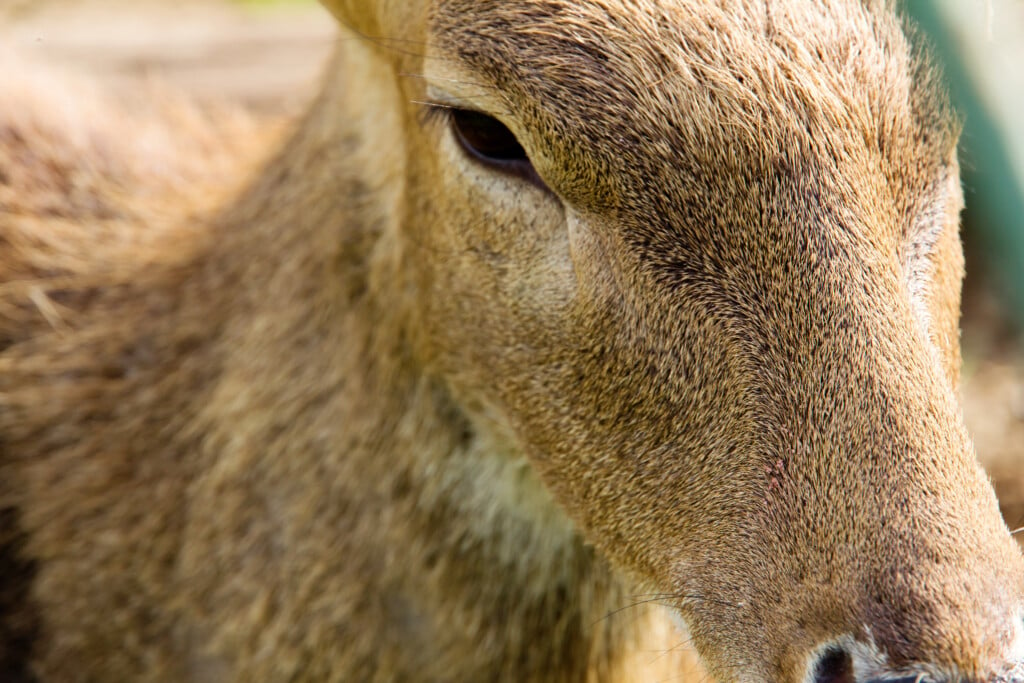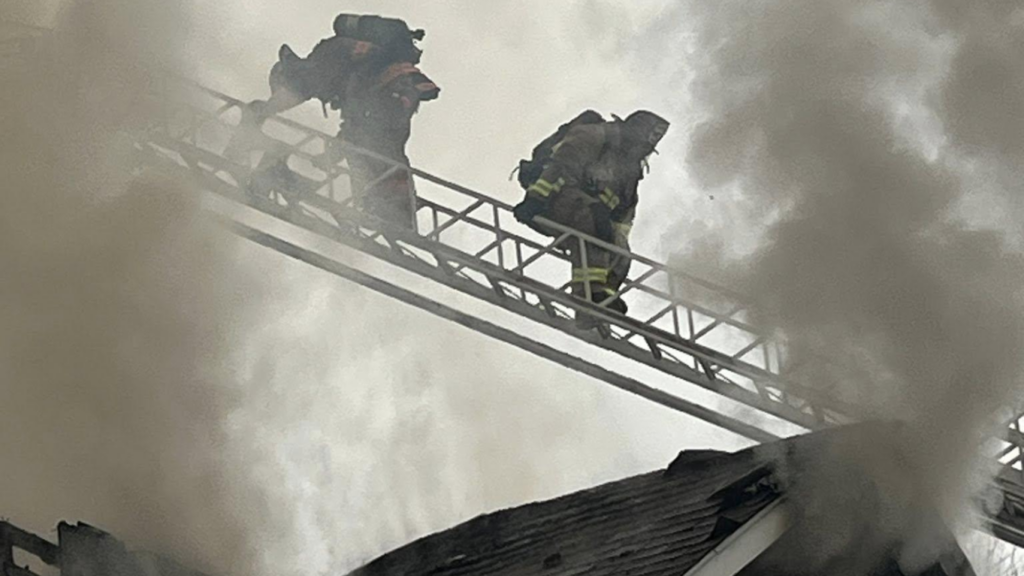Chronic Wasting Disease detected in Pulaski County deer
It is Kentucky’s second confirmed case in a wild deer of the disease that affects white-tailed deer and elk

FRANKFORT, Ky. – Kentucky Fish and Wildlife Resources confirms Chronic Wasting Disease has been detected in a wild deer in Pulaski County.
Officials say the male deer was harvested by a hunter earlier this hunting season.
Fish and Wildlife says this is the second wild deer in Kentucky confirmed to have CWD, an always-fatal neurologic disease that impacts deer, elk and other species in the deer family.
The disease has previously been confirmed in a wild deer in Ballard County, officials say, in December 2023, along with nine deer from a captive cervid facility in Breckinridge County, with one in October 2024 and eight in August 2025.
Kentucky Fish and Wildlife says there is no known cure or vaccine for the disease, which is not known to be transmissible to humans.
As a precaution, officials say the U.S. Centers for Disease Control and Prevention recommends not consuming deer meat that tests positive for the disease. Fish and Wildlife says it recommends not consuming meat taken from animals that appear to be sick or in poor condition.
As Fish and Wildlife staff continue to gather additional information agency officials say they are communicating with national, state and local partners regarding the new detection. As part of a response plan, officials say a public meeting will be scheduled in Pulaski County in November to discuss CDW, testing options and possible hunting regulation changes.
In addition, officials say an update on CWD and suggested actions will be brought before the Kentucky Fish and Wildlife Commission for review at a quarterly meeting on Dec. 5 in Frankfort.
“Routine and regular sample collection has been a key component in monitoring the health of our deer and elk herds,” Wildlife division director Ben Robinson said. “While this detection of CWD is not in close proximity to the other detections, we will work with hunters and partners to try to contain it.”
Currently, officials say 14 counties near the previous positive detections make up the CWD Surveillance Zone. These include Ballard, Breckinridge, Calloway, Carlisle, Fulton, Graves, Hardin, Henderson, Hickman, Marshall, McCracken, Meade, Union and Webster counties, which are under carcass transportation and baiting restrictions to monitor and contain the disease.
Hunters in Henderson, Union and Webster counties must take harvested deer to a staffed check station or use a CWD Sample Drop-Off Site, officials say, within the first three days of modern gun season.
Hunters can also help Fish and Wildlife’s monitoring efforts by dropping off heads of legally harvested and telechecked deer for CWD testing and aging at self-sere CWD sample drop-off sites or via sample mail-in kits.
This service is provided at no cost to hunters, officials say. Detailed location information, instructions and additional resources may be found at the CWD Sample Drop-Off Sites and CWD Sample Mail-in Kit webpages on the department’s website (fw.ky.gov). Hunters will be promptly notified if a deer they harvested tests positive for CWD.
Deer that appear to be sick but do not have an obvious injury can be reported using the department’s sick deer online reporting form; reports will be reviewed by the agency’s wildlife health program staff, who may contact the person submitting the report if additional information is needed.
For more information on CWD, please visit the department’s Chronic Wasting Disease webpage and follow its social media channels. More information about CWD is available through the CDC and cwd-info.org websites. For questions, contact the department’s Information Center at 800-858-1549, or at info.center@ky.gov, weekdays 8 a.m. to 4:30 p.m. (Eastern), except holidays.




